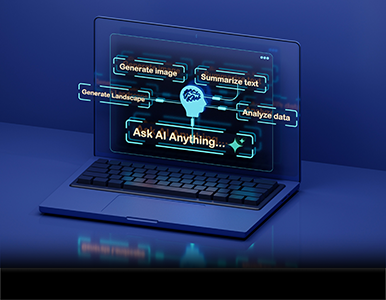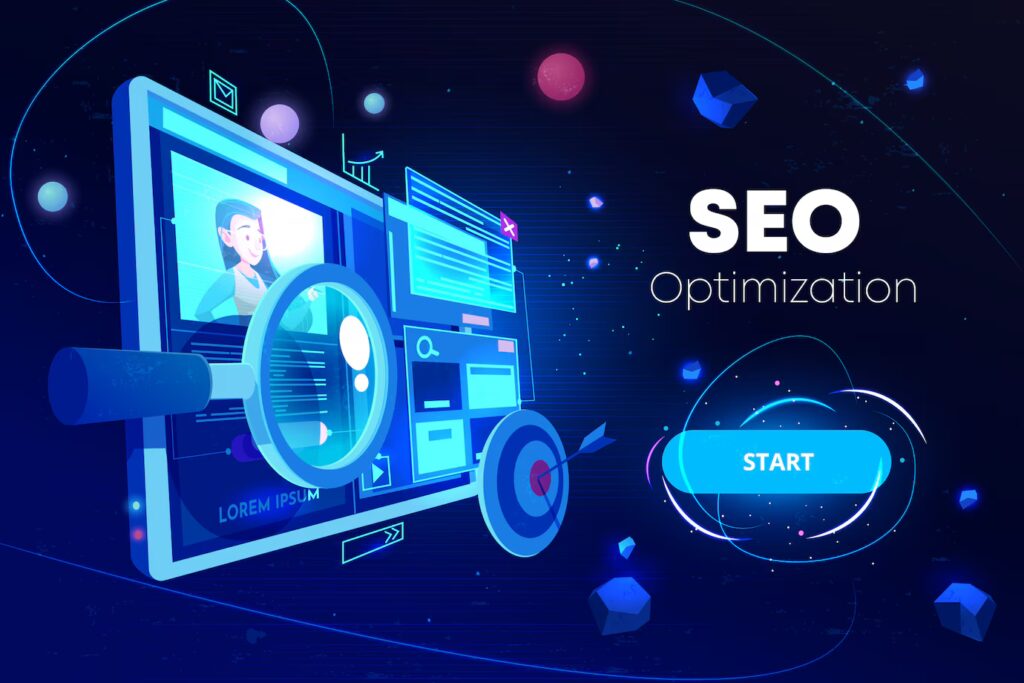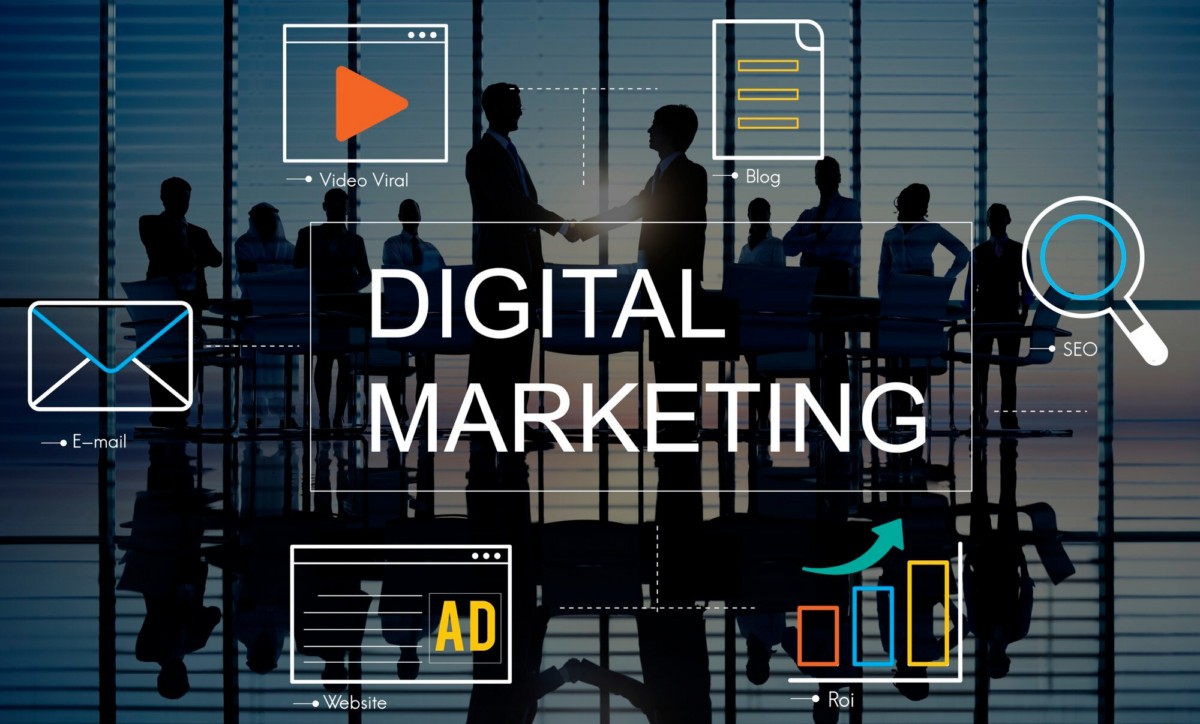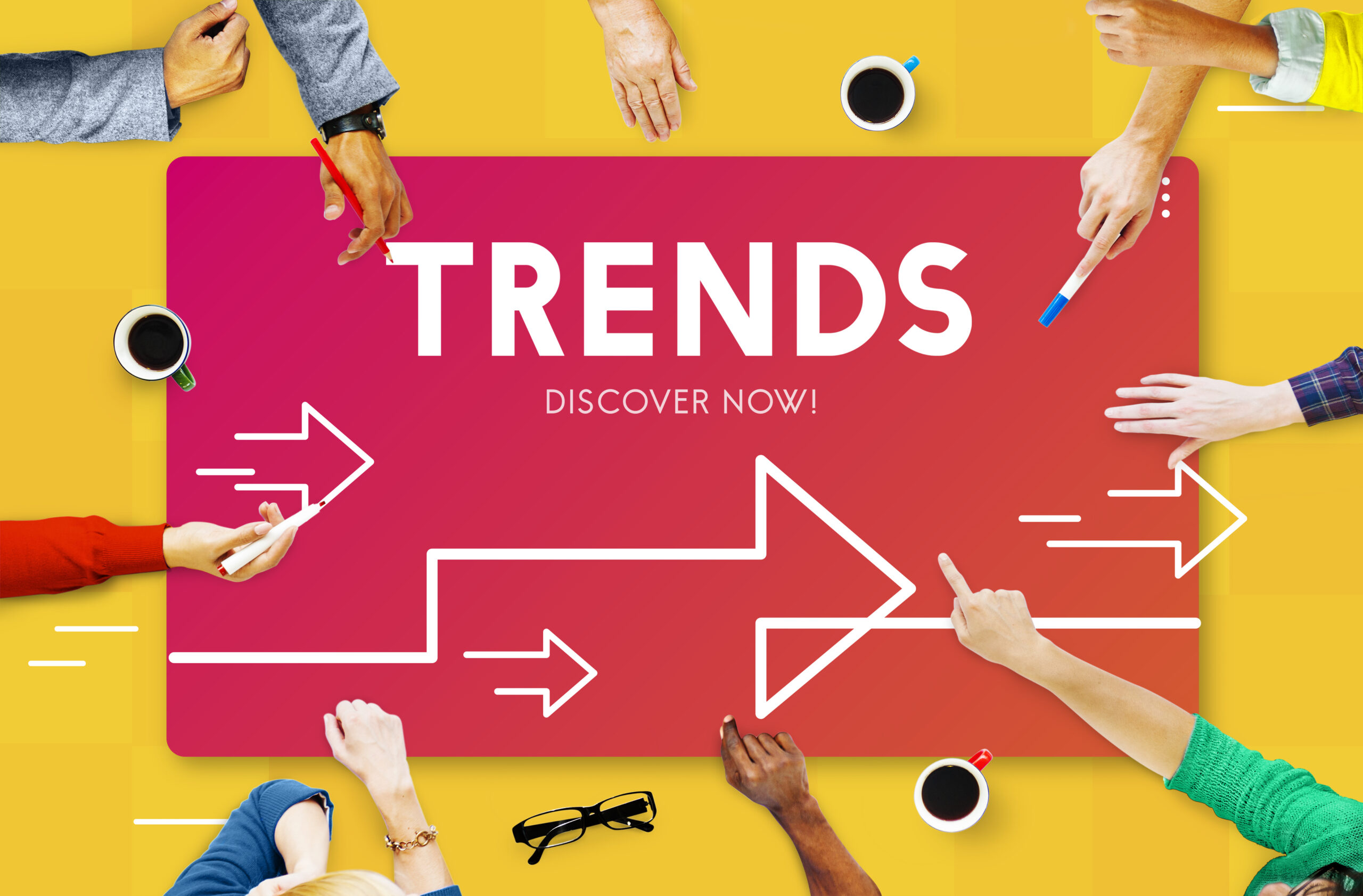How AI is Revolutionising SEO !!

Search Engine Optimisation (SEO) has always been a dynamic field, evolving alongside search engine algorithms and user behaviour. With artificial intelligence (AI) now deeply integrated into SEO strategies, businesses must adapt to stay competitive. AI-powered tools are enhancing search rankings, automating processes, and personalising user experiences at an unprecedented scale.
Trends and Best Practices for 2025
The Impact of AI in SEO
Understanding how AI in SEO can streamline processes and improve efficiency is crucial for modern digital marketing strategies.
Let’s explores the latest AI-driven SEO trends and best practices for 2025.
The Rise of AI-Driven SEO Tools
AI is transforming SEO by automating analysis, optimising content, and predicting user intent. The most powerful AI-driven SEO tools include :
- ChatGPT & AI Content Generators – Assists with content ideation, keyword-rich writing, and meta descriptions optimised for SERPs.
Learn more about ChatGPT - Surfer SEO – Uses AI-powered NLP (Natural Language Processing) to analyse high-ranking content and provide real-time optimisation recommendations.
Explore Surfer SEO - SEMrush AI & Ahrefs – Enhances keyword research, competitive analysis, and backlink audits using predictive AI modeling.
- Google’s RankBrain, BERT, and MUM – Google’s AI-driven algorithms that better understand search queries and contextual meaning.
- MarketMuse & Clearscope – AI-driven content optimisation platforms that enhance topic relevance and improve SEO rankings.
These tools streamline SEO efforts by providing real-time data insights, improving content strategy, and predicting search trends more accurately.
AI’s Role in Keyword Research, Content Optimisation, and Search Intent Analysis
AI is revolutionising the core aspects of SEO by making keyword research, content optimisation, and search intent analysis more precise and efficient.
AI-Powered Keyword Research
- AI analyses large datasets to uncover high-impact keywords, semantic variations, and long-tail opportunities.
- Predictive keyword modeling helps identify future search trends.
- AI-based clustering groups similar keywords to optimise content structures.
Content Optimisation with AI
- NLP-driven tools like Surfer SEO and MarketMuse provide content structuring, readability analysis, and topic recommendations.
- AI detects gaps in content and suggests improvements based on top-ranking pages.
- Dynamic content optimisation tailors messaging for different audience segments.

Search Intent Analysis
- AI deciphers whether searchers seek information, comparisons, or transactional pages.
- Real-time behavior analysis refines content to align with user intent.
- AI-driven SERP analysis provides insights into ranking factors.
By leveraging AI for these SEO tasks, businesses can create highly relevant, user-friendly content that meets search engine requirements and user expectations.
Predictive Search and Personalised User Experiences
AI is taking personalisation to the next level, influencing search rankings through predictive search and user experience enhancements.
Predictive Search with AI
- AI anticipates search queries based on historical data, location, and browsing behavior.
- Google’s AI updates refine autocomplete suggestions and search recommendations.
- AI-powered chatbots provide instant, SEO-friendly responses to common queries.
Personalised SEO Strategies
- AI adapts search results based on user behavior, improving relevance.
- Smart content recommendations increase user engagement and time-on-site.
- AI optimises dynamic website elements, improving UX and search rankings.
Voice and Visual Search Optimisation
- AI-driven voice search (Siri, Alexa, Google Assistant) requires natural language optimisation.
- AI-powered image recognition improves SEO for visual searches.
- Structured data and schema markup enhance visibility for AI-driven search engines.
These AI advancements ensure search engines deliver the most relevant results, improving user satisfaction and SEO performance.
Ethical Considerations and Google’s AI-Related Algorithm Updates
With AI becoming more prominent in SEO, businesses must consider ethical implications and Google’s evolving algorithms.
Google’s AI-Powered Algorithm Updates
- Helpful Content Updates: Prioritises value-driven content and demotes low-quality AI-generated pages.
- SpamBrain AI: Detects manipulative SEO tactics and penalises spammy practices.
- Page Experience & Core Web Vitals: AI assesses page load speed, interactivity, and visual stability to influence rankings.
Ethical AI Usage in SEO
- Over-reliance on AI-generated content without human oversight can trigger penalties.
- Ethical AI implementation ensures transparency, originality, and user-first content.
- AI-driven link-building strategies must align with Google’s link spam policies.
- By staying updated on Google’s AI advancements, businesses can implement ethical SEO strategies that align with search engine guidelines.
Stay informed about guidelines on Google’s Webmasters Guidelines.
Best Practices for AI-Driven SEO in 2025
To fully leverage AI in SEO, businesses must integrate AI tools effectively while maintaining a human touch. Key best practices include :
- Use AI-Powered SEO Tools: Automate keyword research, competitive analysis, and technical SEO audits.
- Prioritise E-E-A-T (Experience, Expertise, Authoritativeness, Trustworthiness): AI should enhance, not replace, expert-driven content.
Learn how to boost your content’s E-E-A-T from Google’s Search Quality Evaluator Guidelines.
- Leverage Structured Data & Schema Markup: Improve search visibility and AI-driven search comprehension. Check out and learn more on Schema documentation.
- Optimise for Voice & Visual Search: Use conversational keywords and alt text for AI-powered search experiences.
- Monitor AI Algorithm Updates: Stay ahead of Google’s evolving AI-driven ranking factors.
- Balance AI and Human Creativity: Ensure AI-generated content remains engaging, valuable, and aligned with audience needs.
AI is revolutionising SEO by automating processes, improving content relevance, and enhancing user experiences. With advanced AI-driven tools, predictive analytics, and evolving search algorithms, website development agencies must stay agile. By combining AI’s efficiency with human expertise, businesses can create a future-proof SEO strategy that ranks well, engages users, and complies with search engine best practices.
As we enter 2025, adapting to AI-driven SEO trends will be key to achieving long-term digital success.
For more information on how to utilise AI Get In Touch with us !


